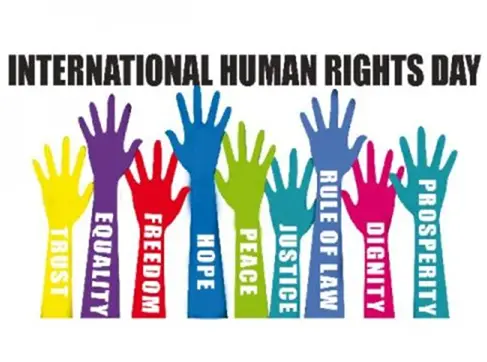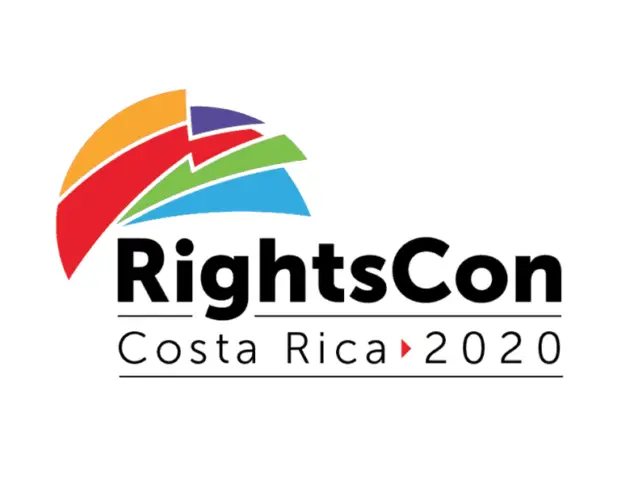This December 10th marks International Human Rights Day and with regards to this commemoration, Costa Rica continues to strengthen its model in development and culture of peace, which allows all people to move forward collectively and eradicate all forms of discrimination.
Ensuring the fulfillment of human rights could be compared to a marathon without a finish line, it requires permanent vigilance and calls on all of us to enforce. That is why campaigns have been launched in Costa Rica for many years, to avoid prejudices towards the physical appearance of people and tear down that wall of stereotypes that for years have been an obstacle that does not let society advance, for achieving a more inclusive and egalitarian society.
One of these campaigns was “Dare to Know Me”, an inter-institutional initiative that recognizes a diverse, multiethnic and multicultural Costa Rica in which we should all be recognized as equals.
Costa Rica and Human Rights

In 1945 the United Nations System is created and Costa Rica is one of the founding countries. Since 1947, the country has been committed to the guiding principles of the United Nations, an organization that seeks respect for the human rights of all people, without any distinction as to race, ethnicity, color, gender, sexual orientation, religion, language, political or other opinion, national or social origin, economic position, birth, gender identity or any other condition.
In 2017, the United Nations recognized the efforts of the Costa Rican State to adopt legislative measures on the multiethnic nature of the State, people trafficking, migration, racial discrimination, and xenophobia. At the same time welcomed the ratification of several international human rights instruments.
In short, Costa Rica is a country that has stood out since its inception as a defender of human rights, freedom, and equality of people, as well as democracy and the rule of law.
Challenges of Costa Rica regarding Human Rights
Costa Rica, like many countries, must work to deepen equal rights in its population and one of its main challenges is with indigenous communities because they do not have adequate access to education, health, and work. Another example of a group that does not yet have equal rights is those of the LGTB community, as is the case of same-sex marriage.
In the same order of ideas, “machismo”(male abuse on females) is another factor that must be worked on, although compared to other Latin American countries. Despite these aspects, Costa Rica is a country committed to democracy, equality and the guarantee of rights for all people among other facts, because it has low levels of crime, poverty, and illiteracy.
Strengthening the human rights of all Costa Ricans

Last year, Costa Rican youth from different provinces concentrated in the capital San José, to call on society in general to raise awareness about human rights. One of the requests made by young people was:
- More study opportunities in scientific careers for women.
- Promote professional work alternatives in rural areas and with decent wages.
- Achieve equality between men and women.
- Eradicate femicides and violence against women.
However, young people said that among all Costa Ricans, a society based on peace, equality and human rights-based on elevated values that characterize the inhabitants of this country must continue to be built.

